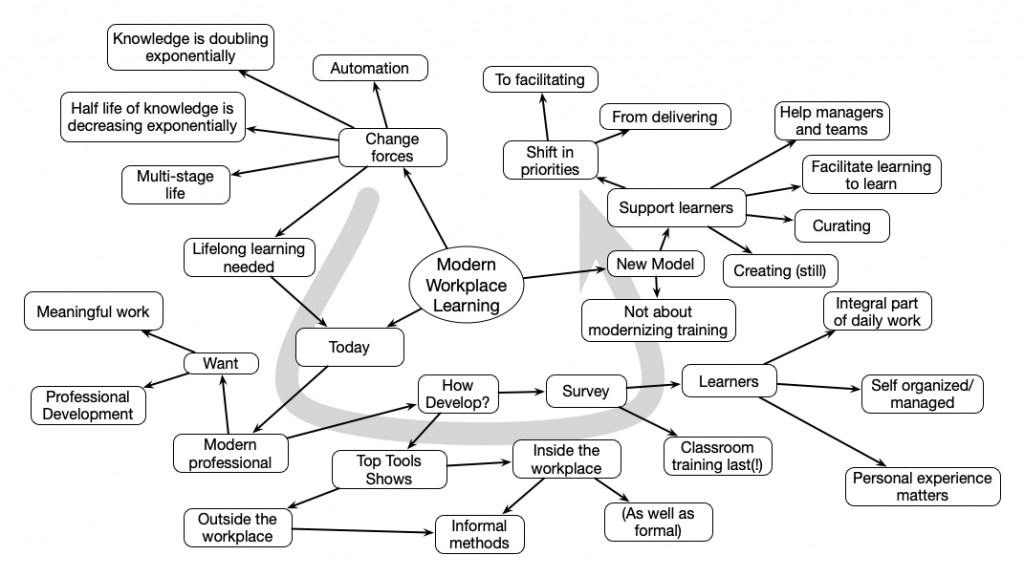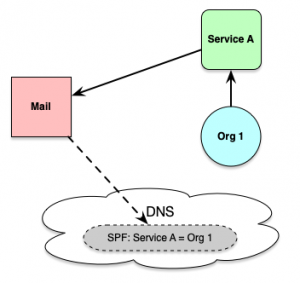“I skate to where the puck is going to be, not where it has been.” – Wayne Gretsky
This quote, over-used to the point of being a cliché, is still relevant. I was just reading Simon Terry’s amusing and insightful post on ‘best practices’ (against them, of course), and it reminded me of this phrase. He said “Best practices are often racing to where someone used to be”, and that’s critical. And I’ve argued against best practices, and I want to go further.
So he’s right that when we’re invoking best practices, we’re taking what someone’s already done, and trying to emulate it. He argues that they’ve already probably iterated in making it work, in their org. Also, that by the time you do, they’ve moved on. They may even have abandoned it! Which isn’t, directly, my complaint.
My argument against best practices is that they worked for them, but their situation’s different. The practice may be antithetical to your culture. And thinking that you can just graft it on is broken. Which is kind of Simon’s point to. And he’s right that if you do get it working, you find that the time it hass taken means it’s already out of date.
So my suggestion has been to look to best principles: why did it work? Abstract out the underlying principle, and figure out how (or even whether) to instantiate that in your own organization. You’d want to identify a gap in your way of working, search through possible principles, identify one that matches, and work to implement it. That makes more sense. And, of course, it should be a fix that even if it takes time, will be meaningful.
But now I want to go further. I argue for comprehending the affordances of new technology to leapfrog the stage of replicating what was done in the old. Here I’m making a similar sort of argument. What I want orgs to do is to define an optimal situation, and then work to that! Yes, I know it sounds like a fairytale, but I think it’s a defensible approach. Of course, your path there will differ from another’s (there’s no free lunch :), but if you can identify what a good state for your org would be, you can move to it. It involves incorporating many relevant principles in a coherent whole. Then you can strategize the path there from your current content.
The point is to figure out what the right future is, and skate there, not back-filling the problems you currently have. Beyond individual principles to a coherent whole. Proactive instead of reactive. That seems to make sense to me. Of course, I realize the other old cliché, “when. you’re up to your ass in alligators”, but maybe it’s time to change the game a bit more fundamentally. Maybe you shouldn’t be in the swamp anyway? I welcome your thoughts!


